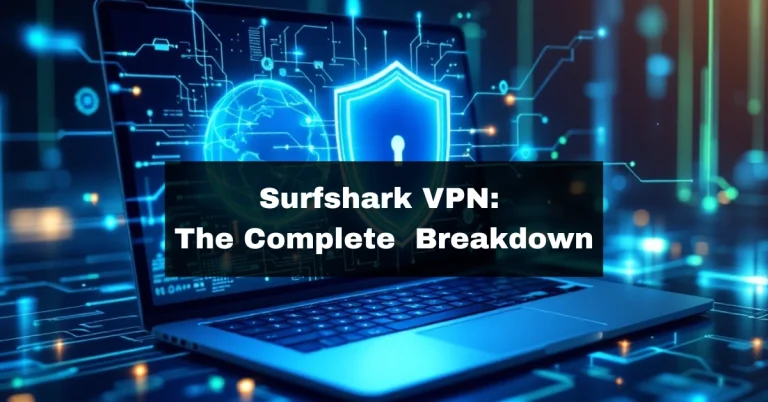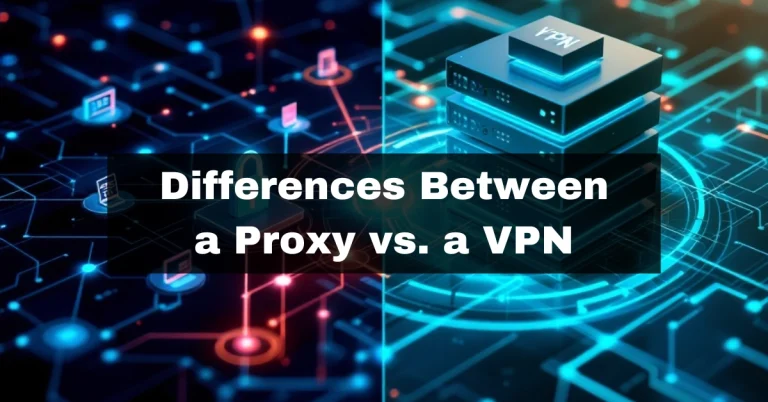Yes, you can use a VPN without a Meraki firewall.
A VPN (Virtual Private Network) functions independently of specific hardware or firewall systems like Meraki.

Understanding how a VPN works and interacts with firewalls is crucial for deciding whether additional security measures are needed for your network.
A VPN encrypts your internet connection to secure your data and protect your privacy.
A VPN creates a private tunnel between your device and the server, which is especially useful on public Wi-Fi. Learn more about VPNs.
Key Points
- You can use a VPN without needing a Meraki firewall.
- A VPN encrypts your internet connection, ensuring privacy and security.
- Meraki firewalls provide advanced network-level protection but are optional for VPN use.
- Combining a VPN with a firewall offers maximum security for sensitive environments.
What Does a Meraki Firewall Do?
A Meraki firewall is part of Cisco’s Meraki networking solutions.
It is a cloud-managed firewall designed to protect networks from external threats.
It provides advanced features like:
- Content Filtering: Blocks unwanted or harmful websites.
- Intrusion Detection and Prevention: Identifies and stops malicious activities.
- Traffic Shaping: Manages bandwidth allocation to prioritize essential applications.
While Meraki firewalls enhance security, they are not mandatory when using a VPN.
How to Use a VPN Without a Meraki Firewall
Using a VPN without a Meraki firewall is straightforward. Here’s how you can set up a VPN:
- Choose a VPN Provider: Select a reliable VPN service like NordVPN, Surfshark VPN, or StrongVPN.
- Install the VPN Application: Download and install the app on your device.
- Connect to a VPN Server: Open the app, log in, and choose a server location to connect.
- Configure Router (Optional): Configure the VPN directly on your router for network-wide VPN coverage.
Following these steps will secure your internet connection without needing a Meraki firewall.
Benefits of Using a VPN Without a Meraki Firewall
Here are some benefits of using a VPN without additional hardware:
- Cost-Effective: No need to invest in expensive firewalls.
- Ease of Use: VPN apps are user-friendly and don’t require technical expertise.
- Flexibility: VPNs work on various devices, including smartphones, tablets, and laptops.
Scenarios Where a Meraki Firewall May Be Needed
While a VPN alone provides excellent security, certain situations may require additional protection:
- Corporate Networks: Businesses with sensitive data often use firewalls to enforce security policies.
- High-Risk Environments: Industries like healthcare and finance benefit from extra layers of protection.
- Advanced Threat Protection: Firewalls can detect and block sophisticated cyber threats.
Combining VPNs and Firewalls for Maximum Security
Combining a VPN with a Meraki firewall is an effective strategy for optimal security.
While the VPN encrypts your data, the firewall provides network-level protection, ensuring a robust defense against cyber threats.
This setup is ideal for:
- Remote workers accessing company resources.
- Small businesses managing sensitive customer data.
- Individuals concerned about online privacy and network security.
Final Thoughts
You can use a VPN without a Meraki firewall, which will still provide significant privacy and security benefits.
However, it can be a valuable addition if you’re managing a network that requires advanced threat detection and policy enforcement.
You can assess your specific needs to determine the best solution for your setup.



